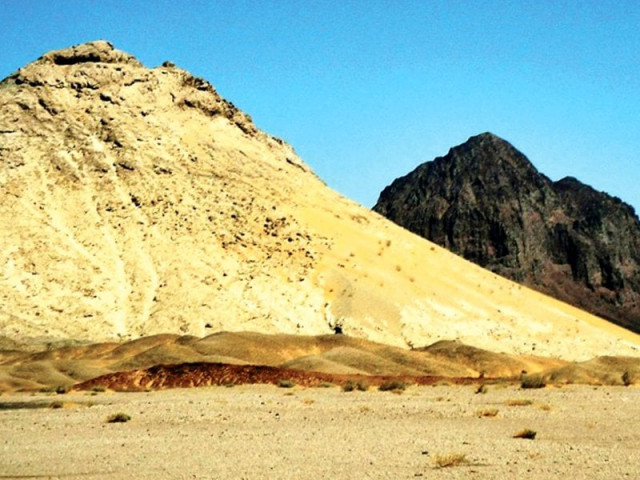Corruption everyday everywhere
Despite having 'right to information’ laws, we remain afraid of voluntary disclosures and transparency

PHOTO: FILE
How did it happen? Through a murky deal that was poorly structured and executed! It is a case study in what could go wrong when everyday corruption is combined with poor public procurement.
What happened with Reko Diq is not surprising. Instead, what is surprising is how we fail to see everyday corruption that costs us many times more.
Pakistan is a country where corruption is a norm and transparency is a rarity. Speed money for property transfers, paltry bribes paid to avoid fines, tips expected by low-ranking officials or nepotism to circumvent merit are part of our everyday culture.
Public procurement in particular provides a fertile ground for such everyday corruption, where cartels of thekedars (contractors) openly collude with public officials and make a killing out of routine public tenders.
Ask any bureaucrat over an informal chat and he will tell you countless stories of such corruption – kickbacks that are considered mandatory for winning routine public works contracts; prevalent commission rates set in various departments that are public knowledge; and civil servants themselves greasing the palms of public auditors to avoid audit objections on flawed transactions. And if you take this chat any further, he might also tell you about who amongst his ranks are known to be the most corrupt and who are squeaky-clean.
Corruption in procurement becomes especially easy considering that the public procurement regime is outdated, project selection and identification is driven by political considerations, capability to execute is limited, transparency and disclosure is low and scrutiny is virtually absent.
Interestingly however, curtailing corruption in public procurement is not as hard as it sounds. Strengthening regulatory authorities, improving capacity of civil servants and embracing transparency can bring in some quick dividends.
The public procurement regulatory authorities (PPRAs) formed in each province and at the federal level remain largely ineffective, despite a massive overhaul in the last decade. They mostly work as post offices of sorts, pushing the mail from one end to the other.
I recall an incident in Punjab, where a department was struggling to interpret a particular section of the procurement law and sent a request to PPRA for clarification. After three weeks of painful wait, the PPRA responded that the department should interpret the provision as per the text of the law, reproducing the exact same section of the law. Public sector is full of such practical jokes, which are not even funny when you realise the cost of the taxpayers’ money involved.
The PPRAs should instead take on a much more proactive role, raising red flags and shortlisting cases for closer scrutiny. For instance, it is relatively simple to identify suspicious contracts that could be prone to corruption. These contracts could then be looked at more closely or even be subjected to forensic audits. In addition, these authorities should continually review the procurement regime, looking for yellow flags (early warnings) and addressing them.
The limited capacity of the bureaucrats to execute public procurement is perhaps the biggest weaknesses in the public procurement system, leaving floodgates of corruption open and making the public contracts prone to manipulation and rigging. But despite wide criticism, the National School of Public Policy has failed to provide relevant training or skills for civil servants in this area.
Lastly, despite having the ‘right to information’ laws in various provinces, we remain afraid of voluntary disclosures and transparency. This needs to change. The PPRAs should voluntarily disclose information regarding all public contracts on their websites.
It is time we realise that going after routine corruption in everyday public procurement may be less fancy but can lead to much greater savings of public money and can also help avoid disasters like Reko Diq.
Published in The Express Tribune, July 30th, 2019.
Like Opinion & Editorial on Facebook, follow @ETOpEd on Twitter to receive all updates on all our daily pieces.













COMMENTS
Comments are moderated and generally will be posted if they are on-topic and not abusive.
For more information, please see our Comments FAQ